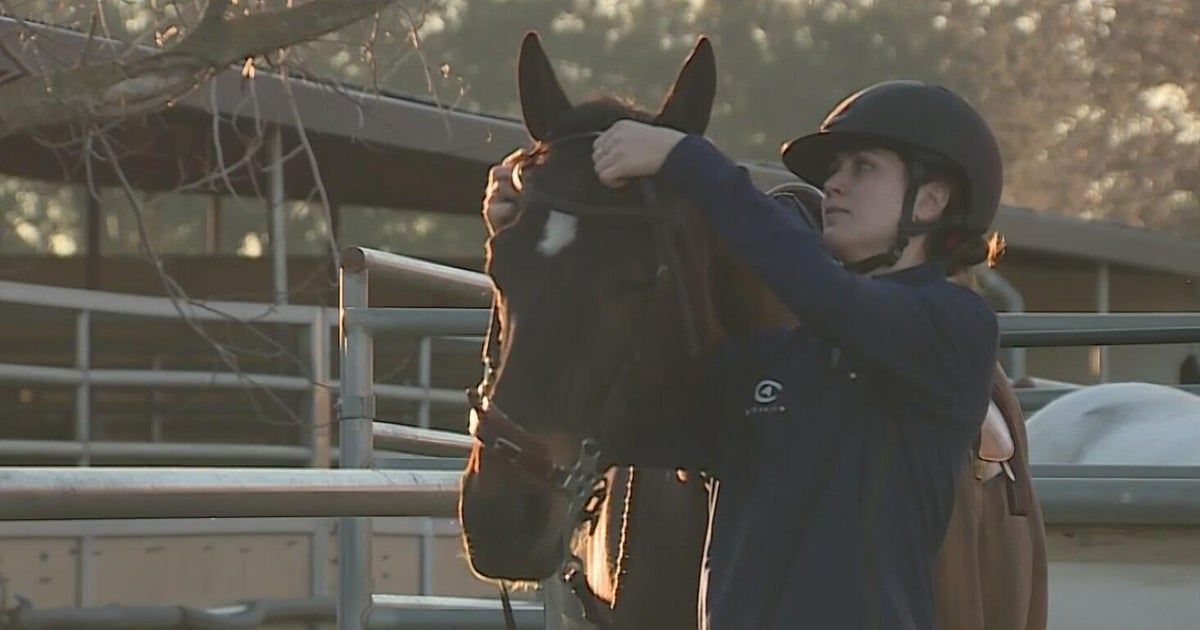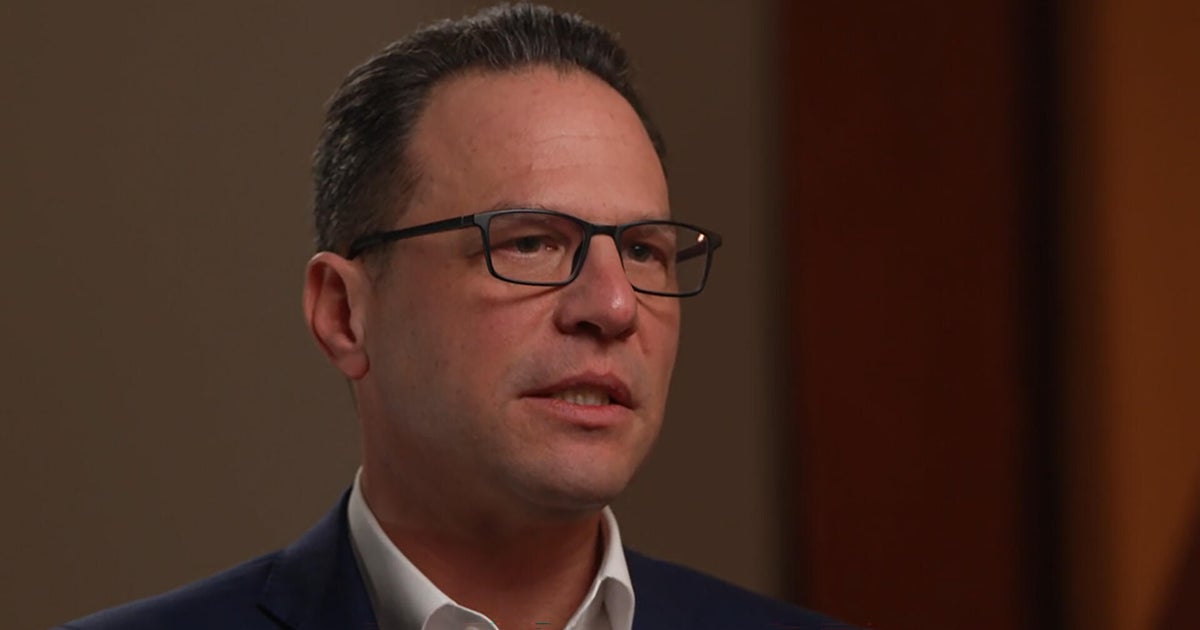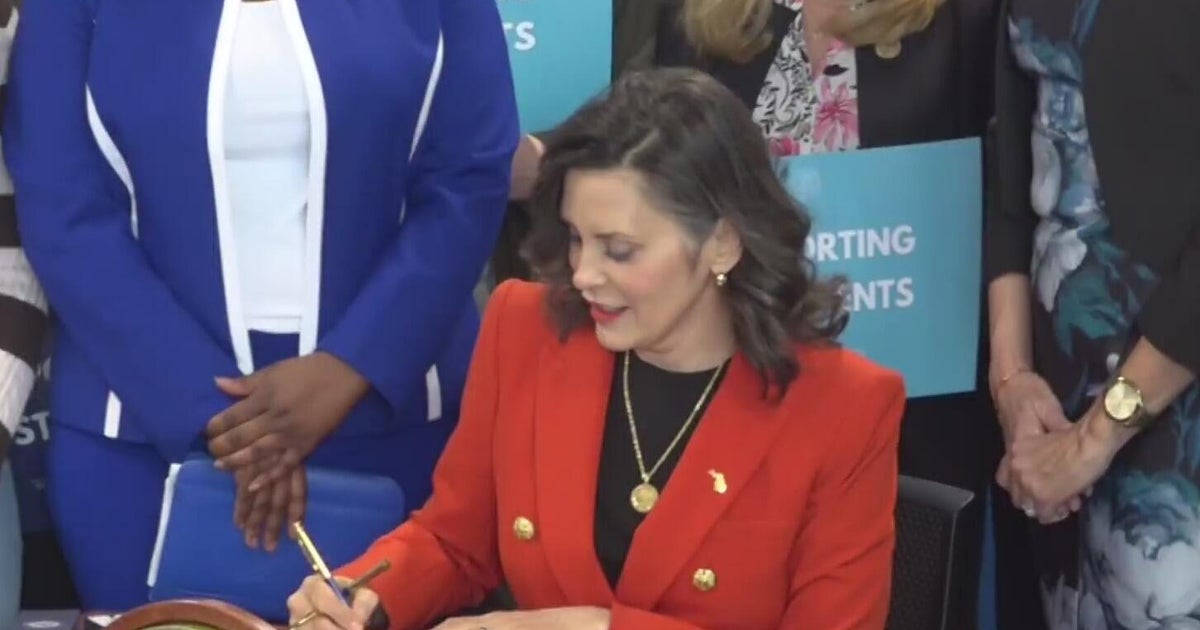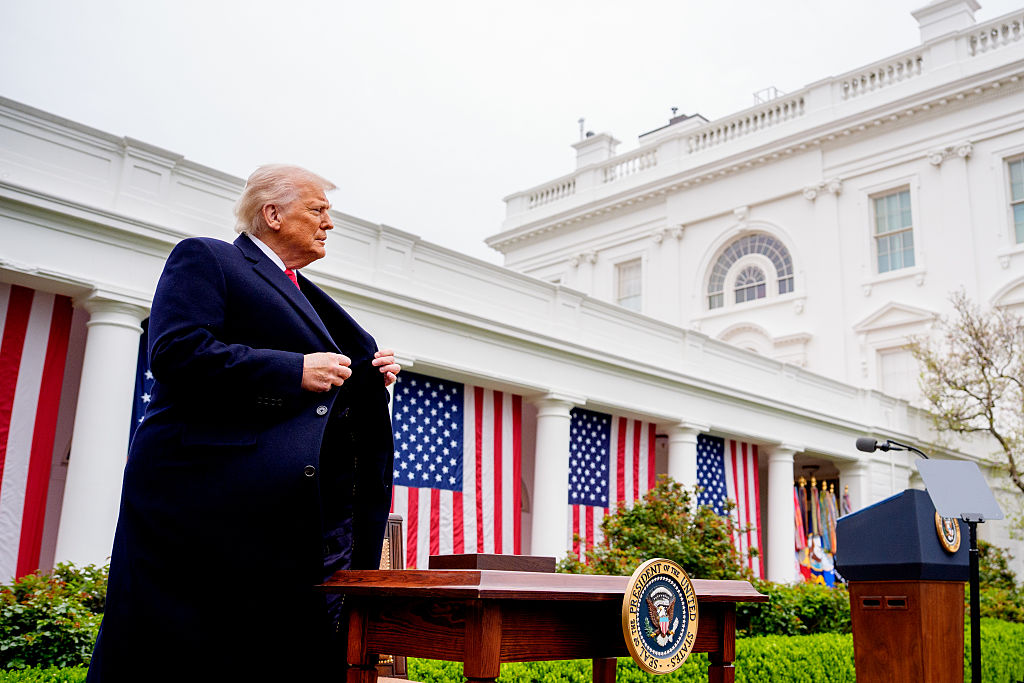Oklahoma ACLU files lawsuit against ban on critical race theory
The American Civil Liberties Union of Oklahoma filed a lawsuit Tuesday challenging the state's controversial ban on critical race theory in public school. The suit argues that Oklahoma's HB 1775 bill prevents Black, female, LGBTQ+ and indigenous students from being taught their history.
In addition to the ACLU, the lawsuit was filed by several students and teachers, the Oklahoma NAACP, the Oklahoma University American Association of University Professors, American Indian Movement-Indian Territory and the Black Emergency Response Team, a group of student teachers from Oklahoma University who work to make the school safer for diverse voices. The groups argue that HB 1775 makes their collective goal of promoting diversity difficult, opens students up to "heightened levels of racial and gender hostility and harassment" and infringes on their academic freedom to both teach and study topics like African American history and gender studies.
"The Act's vague, overbroad, and viewpoint discriminatory provisions leave Oklahoma educators with an impossible-and unconstitutional-choice: avoid topics related to race or sex in class materials and discussions or risk losing their teaching licenses for violating the law," the lawsuit reads.
HB 1775 was first approved in April 2021 and directly prohibited teachers from teaching topics like white privilege and the history of white supremacy in the U.S. The bill also allowed public high schools and colleges to make gender, harassment and diversity trainings optional instead of mandatory for students and staff.
"All young people deserve to learn an inclusive and accurate history in schools, free from censorship or discrimination," Emerson Sykes, ACLU staff attorney, said in a statement Tuesday. "The bill was intended to inflame a political reaction, not further a legitimate educational interest. These infirmities in the law are all the more troubling because the bill applies to public colleges and universities, where the First Amendment is especially protective of academic freedom."
The lawsuit says the law is unconstitutional as it goes against the First and 14th Amendments and asks the court for a permanent preliminary injunction to prevent the law from being enforced in schools and universities. It also requests that the state pay for the cost of the lawsuit and the plaintiffs expenses and attorney fees.
This is the first lawsuit of its kind to directly challenge a ban on critical race theory. In the past two years, almost a dozen states in the U.S. have proposed or passed bans that would prevent public schools from teaching the concept, under the argument that critical race theory promotes a concept that the U.S. is inherently "evil" and "racist," a reading pushed by major Republican leaders.
Former President Trump took a hard stance against critical race theory before he left office, calling the teachings and the New York Times Magazine Pulitzer Prize-winning "1619 Project" a danger to the future of American children.
"Critical race theory, the 1619 Project and the crusade against American history is toxic propaganda, ideological poison, that, if not removed, will dissolve the civic bonds that tie us together, will destroy our country," Mr. Trump said.
The lawsuit argues that the bill's "vague" language does not provide an accurate understanding or description of what critical race theory is, "leaving educators, legislators, and enforcers to guess what it means, chilling protected speech and expression, and encouraging arbitrary and discriminatory enforcement."
"Education is a tool of empowerment put to its highest use when teachers and students are afforded the full scope of their constitutional rights to engage in comprehensive, meaningful, and sometimes difficult conversations," Megan Lambert, ACLU of Oklahoma legal director, said in a statement Tuesday. "HB 1775 is a direct affront to the constitutional rights of teachers and students across Oklahoma by restricting conversations around race and gender at all levels of education. We bring this case to vindicate the rights of Oklahoma teachers and students and to protect the integrity of our educational institutions."



